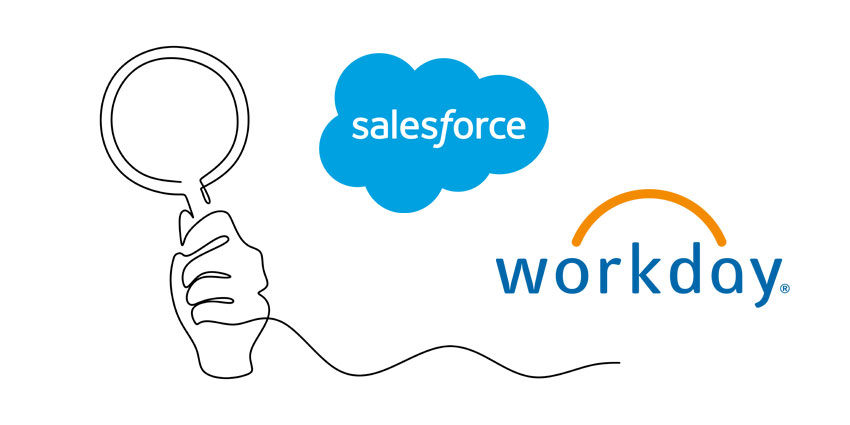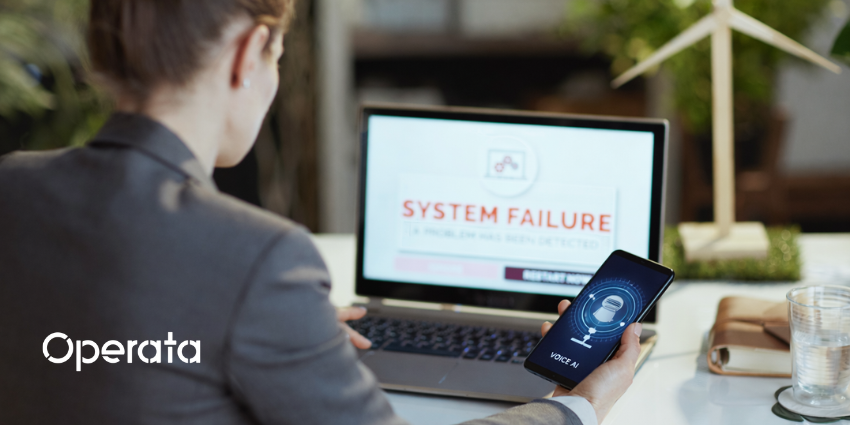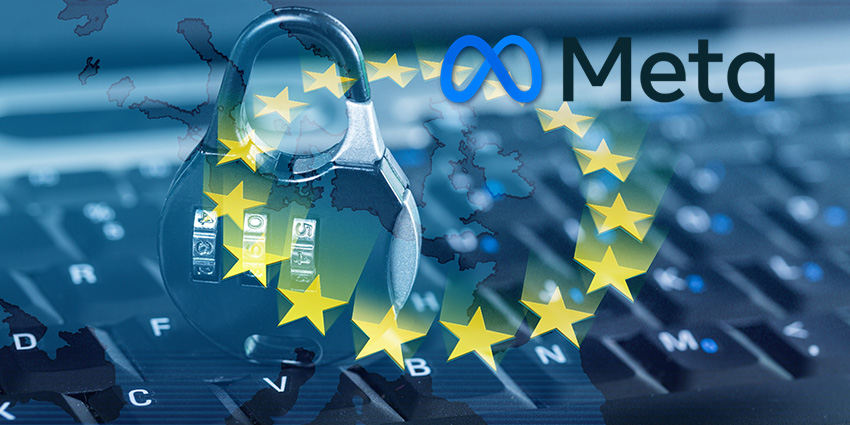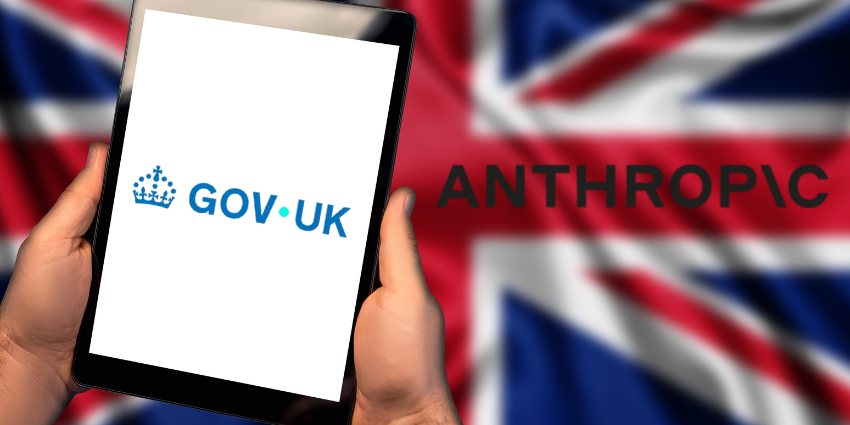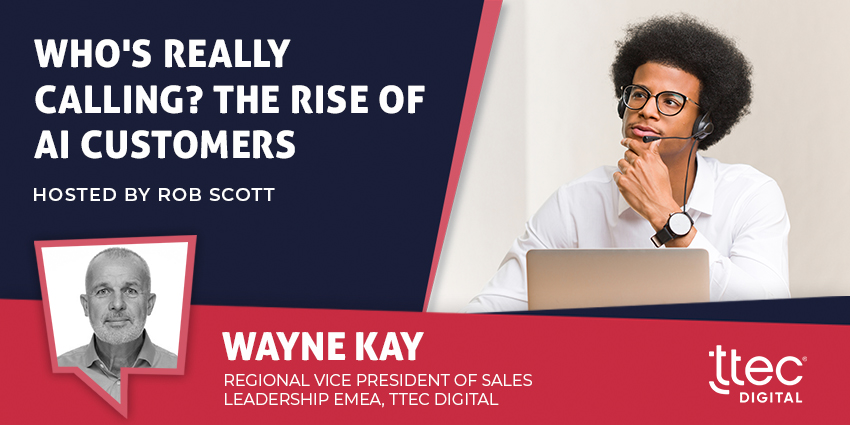Last week, Salesforce and Workday took their partnership to the next level.
In doing so, the businesses pledged to deliver a personalized AI assistant for employee service use cases.
To lay the foundations for that AI assistant, the tech giants will establish a common data foundation that centralizes CRM, HR, and financial data.
Workday will leverage the Salesforce Zero Copy Partner Network to make that possible.
According to Rebecca Wetteman, CEO & Principal Analyst at Valoir, this data convergence is the most critical part of the announcement. She told CX Today:
This is about bringing customer, employee, and financial data together to leverage AI, integrating the Workday and Salesforce platforms so that Salesforce Service Agent bots can respond to employee questions about HR and finance.
Those bots will leverage large language models (LLMs) to communicate in natural language and perform tasks for employees across Salesforce and Workday.
Think of career development tasks such as coordinating paperwork or provisioning resources. Now, consider employee questions for HR around paid time off (PTO), benefits, or healthcare plans. These are the types of jobs and queries the bot will automate.
When it comes to trickier questions or tasks, the assistant will perform “seamless” escalations and hand-offs to colleagues, according to Salesforce.
However, the AI assistant may still support employees in performing more complex tasks by proactively serving up relevant knowledge and data from that shared data foundation.
Employees will be able to engage with the AI assistant via Slack, with Workday set to become natively integrated inside the collaborations platform.
For those who utilize the existing Slack-Workday integration, the user experience won’t alter all that much. Ultimately, users will just interact with an intelligent bot more often than a human HR or finance person.
Nevertheless, that native integration supports Workday Benioff’s vision for the collaborations platform as a business’s HQ to deliver customer and employee success from anywhere.
Meanwhile, Workday also gets a unique benefit from the partnership, as it backdoors its way to the forefront of enterprise AI innovation. As Wetteman stated:
Workday gets to leverage the investments Salesforce has already made in AI and Einstein Service Agents, so it doesn’t have to build them itself.
That’s a significant coup, as Salesforce’s Einstein platform expands rapidly, as all the announcements at last year’s Dreamforce underlined. Expect more to come at this year’s event in September.
Benefits Beyond the Employee Experience
The partnership is not all in the name of employee experience. The integration of the two vendor’s massive data sets also benefits employers.
For example, they can do more precise workforce planning by quickly assessing employee skillsets in Workday and matching them with the demand highlighted within Salesforce’s data.
Workday users may also leverage Salesforce forecasts to monitor whether they are on track to meet financial objectives and engage in continuous planning.
Then, there are those broader business benefits driven by the AI assistant’s potential impact on employee productivity.
After all, this is about humans and AI driving success together. This announcement allows Salesforce to increase the scope of that success beyond CRM-related activities.
Wetteman alluded to this, as she summarized:
When you think about the intersection of employee and customer experience and what that means for the future of AI-enabled EX and CX, having customer and employee data makes a lot of sense, particularly in areas like capacity planning and scheduling and talent and performance management.
Elsewhere, Wetteman shared her thoughts on the recent announcement of the Salesforce Einstein Service Agent, the CRM giant’s first fully autonomous AI worker.
For more on that news and to check out her take, read our article: Salesforce Goes All-In on GenAI In Customer Service with Its Einstein Service Agent
